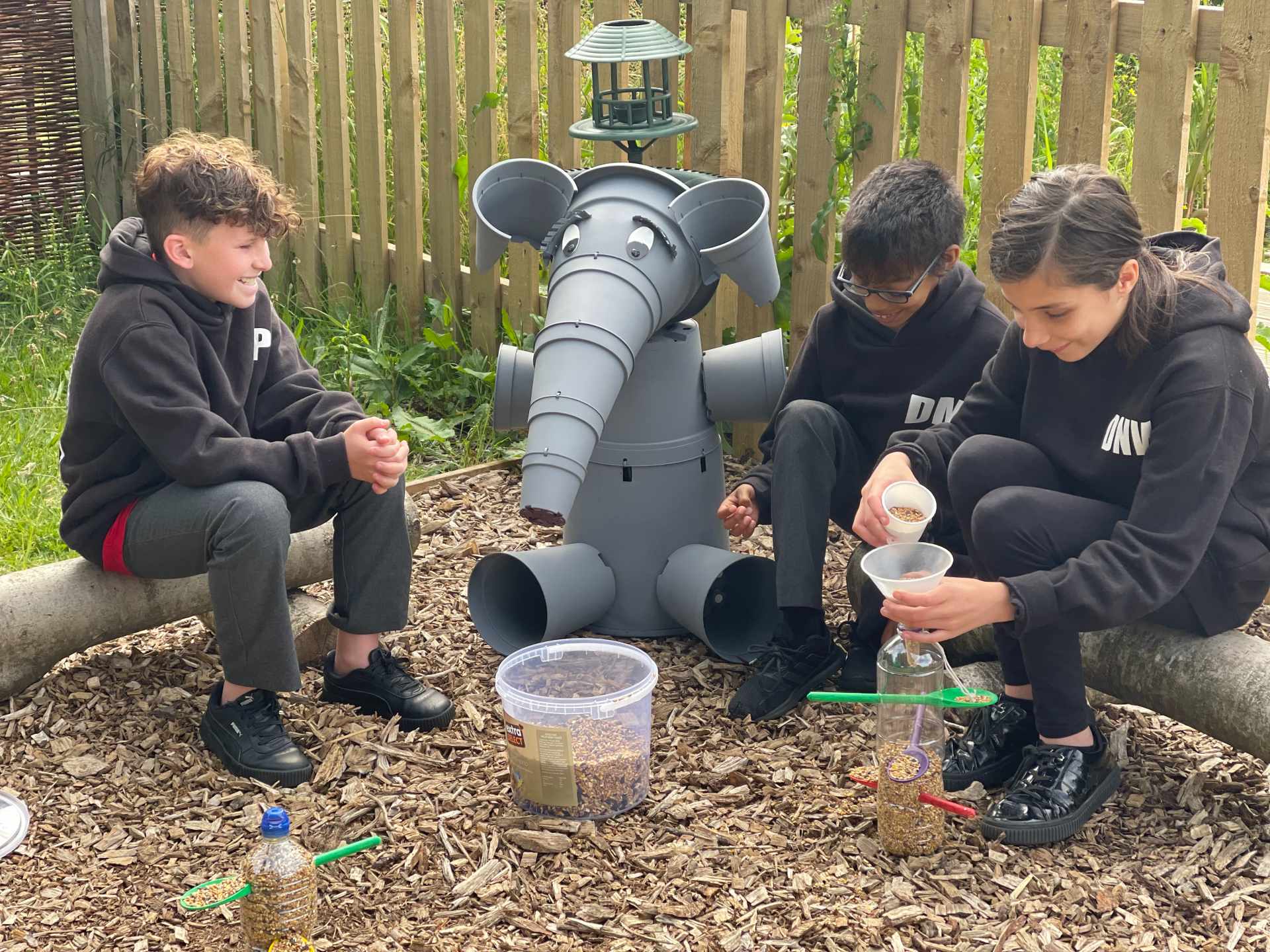Here at Westminster Primary Academy, Blackpool, surrounded by concrete pavements and brick buildings, we were shocked by the lack of knowledge our pupils had about the natural world and their planet. We needed to take action. So we decided to take the environment back, with the mission of bringing nature to the children. After extensive work to the school grounds with the help of the Nature Friendly Schools Project, children now have access to a pond, an outdoor classroom and a woodlands area.
The positive impact these changes have had on our pupils has been remarkable. Mental health has improved, children have become more resilient, academic performance has increased and lessons have become more creative. Like a captive bird, learning has been taken out of the constraints of the classroom and allowed to spread its wings out in the world with no limitations. Teachers now find themselves with a limitless number of resources, which has nurtured their creativity. The children's response to this has resulted in greater enthusiasm, engagement and a curiosity to question the world around them in ways that they had never considered before.

Pupils at Westminster Primary Academy are now making bird feeders to encourage more species to the school grounds (Kim Leathley).
One of the biggest benefits to children has been their exposure to more wildlife. Once terrified of bugs, our pupils have become mini entomologists: intrigued by these little critters, excited about identifying them and careful to preserve their habitats. Our two resident squirrels, Chip and Dale, have become important features of everyday school life. When spotted, the children's eyes light up and giggles of excitement fill the air as they watch them scuttle across the trim trail.
Bring on the birds
One thing we are lacking around our area is a variety of birds. We have plenty of gulls, which have a particular taste for brioches, and the occasional crow or pigeon. So the children have taken the matter into their own hands. As a way to encourage more birds to visit our school grounds, many classes have made birdfeeders from pinecones smothered in lard and rolled in bird seeds to more elaborate designs using recycled plastic bottles and wooden spoons. The school has also purchased two bird baths and our amazing Year 2 teacher Debbie Powell is looking into getting a variety of different trees that will encourage more birds to come and brighten up the days of our children.
Our vision for the future is to continue to develop the area, so it becomes a hubbub of activity for diverse creatures, which will be able to live and share a safe and natural environment alongside humans, instead of segregated to small pockets within communities. We will continue to foster children's passion and love for nature, through experience and the modelling and teaching of having a shared responsibility for caring for wildlife, their environment and the world around them. Our children will be adopting a world of uncertainty and it is our responsibility to teach our pupils to love their planet if they are to save it.
- This column appeared in the August 2021 edition of Birdwatch.

